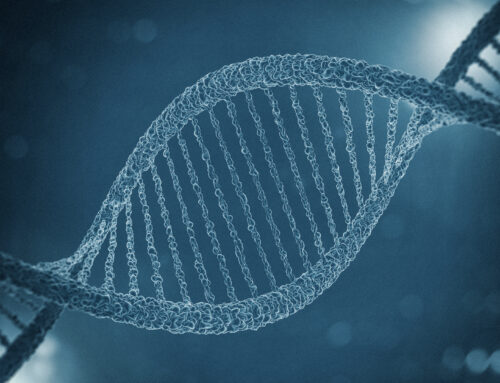By: Amanda Kasper
This is a story about the power of love, and the promise and limits of science.
It is a story in which politics, ethics, and advances in reproductive genetics collide.
It is a story of the group of physicians who took our family
To the outer edge of science and into the whirlwind of national controversy.
It is a story about a family’s search for a miracle, and the children who lived to tell the story.
Finally, it is a story of a remarkable little boy who taught me and countless others
What is important and what just doesn’t matter at all;
Who showed me how to live well and laugh hard even
In the face of odds you’d have to be crazy – or full of hope – to bet on.
..Laurie Strongin, Saving Henry.
I picked up a book that has been sitting on my bookshelf for months now. Grad school and finals and paper writing got in the way, and the book waited for me until I was ready to sit down, curl up, and begin a story that would forever become ingrained in my heart.
From page one, I was captivated by the acknowledgements, by the photos, by the lists of Henry’s Favorite Things. As someone with a strong interest and background in the sciences, and someone who is advocating for new genetic technology and genetic testing to prevent families from living the Strongin’s story – this book held my fascination and empathy and love right in the palm of its hands.
Saving Henry is a book written about Laurie’s son Henry, who was born with one extra thumb, a heart defect, and a relatively low birthweight; and two weeks later was diagnosed with Fanconi Anemia – a fatal Jewish Genetic Disease. The book chronicles their time as a family, every up and down and every single effort Laurie and her husband Allen went through over the seven years, one month, and sixteen days of Henry’s life – not just to save him, but to ensure and allow and encourage Henry to live his life; the life he was given.
By far, the biggest lesson that I took with me, one that I think everyone should hold in their hearts no matter if they are sick or healthy – is not to take one single day, one single moment for granted.
Knowing that Henry’s health would not always be as good as it was at this time led us to recognize the importance of living each day to its fullest. We believed that one Halloween costume was never enough and that, with its complement of calcium, ice cream was more than a suitable dinner. Over time we became masters of good living, which would later come in handy when there wasn’t much to work with. -Laurie Strongin
Henry’s story is filled with magic and appreciation and relization for every small thing that is actually a big one, and we should each appreciate those things no matter if we’re fighting for our lives or our jobs or just to get through traffic. There is something to be grateful for each day, many things to be grateful for each day, and it is our job to notice them. To treat ourselves to them. To say I love you one more time. To share one more eskimo kiss, and eat one more Krispy Kreme donut.
The world is a better place because of Laurie, not just in the eyes of Fanconi Anemia or prenatal genetic diagnosis (PGD), a field that Laurie helped to pioneer and serve as the test subject for all at once, but in the way she is a parent to her children. That she fulfilled a lifetime of fun and special moments and love and memories in seven years worth of living, and that she was strong enough to survive possibly the worst thing in the world – the burying of a child, after doing everything, everything, in her power and with the power of science and the best doctors in the world, to save him.
This book, and Henry’s story reminded me why I am so passionate about the vision and the mission of the Norton & Elaine Sarnoff Center for Jewish Genetics, and why myself and others hold it so fiercely in their hearts.


